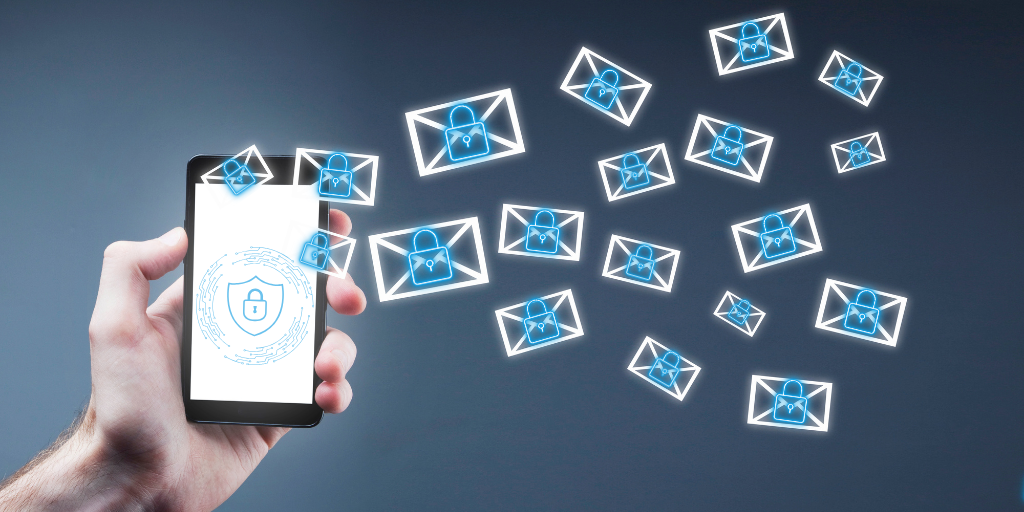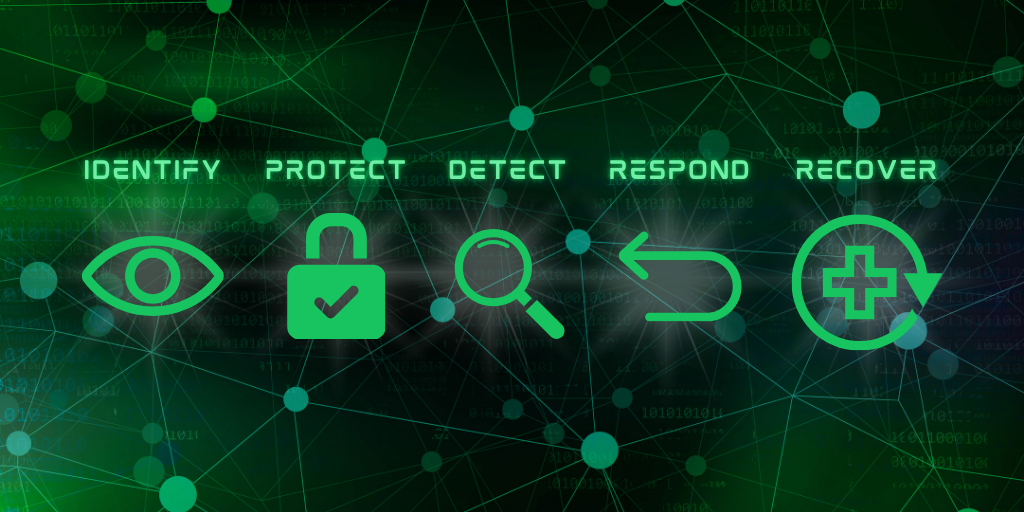Secure Messaging Practices for Small Businesses
Small businesses must prioritize secure messaging to protect sensitive information and maintain customer trust.
Email security is critical for businesses of all sizes. One way to enhance email security is by using DMARC (Domain-based Message Authentication, Reporting, and Conformance) technology. DMARC helps protect against spam emails and email spoofing attacks, which can trick people into thinking an email is from a legitimate source when it's actually from a scammer.
To use DMARC, a business sets up an enforcement policy that can either quarantine or reject fraudulent emails. Without this enforcement policy, even fraudulent emails will still be allowed to pass through to inboxes, putting businesses at risk of phishing attacks.
DMARC builds on two other email authentication technologies, SPF (Sender Policy Framework) and DKIM (Domain Keys Identified Message). SPF checks the email sender's domain and verifies if it's authorized to send emails. DKIM adds a digital signature to authorized emails that email servers can restrict to confirm the email is legitimate.
By setting up DMARC, businesses can reduce the risk of phishing attacks and protect their brand reputation. Companies that deploy DMARC with a "p=none" policy can still benefit from email authentication reporting and minimize false positives. However, for more stringent protection, businesses can opt for "p=quarantine" or "p=reject" policies that will reject most phishing emails and lower the risk of brand damage.
Setting up DMARC is a straightforward process that involves publishing a text file with DNS registrars. Companies can modify the text file as often as they want, and no fees are involved in publishing a DMARC file.
Implementing DMARC is critical in enhancing email security for businesses of all sizes. By using this technology, companies can protect themselves from email spoofing attacks and reduce the risk of phishing attempts, resulting in costly data breaches and damaging brand reputation.

Small businesses must prioritize secure messaging to protect sensitive information and maintain customer trust.

In an era of ever-evolving cyber threats, small businesses can adopt the NIST Cybersecurity Framework to achieve robust cybersecurity without...

Phishing attacks are becoming increasingly sophisticated, posing a significant threat to businesses of all sizes. Implementing key strategies can...